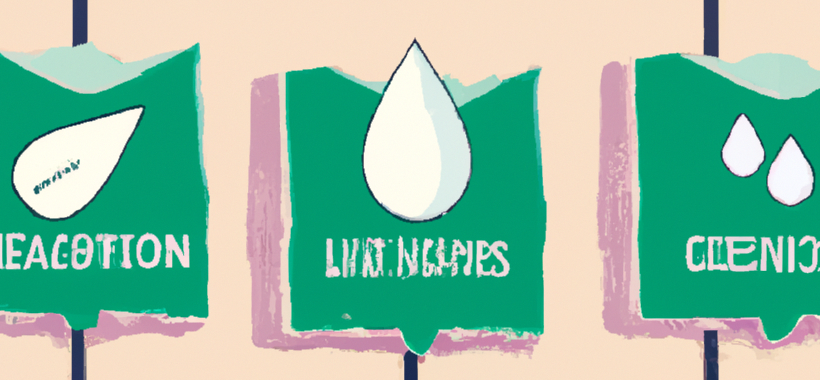The European Parliament and Council have come to a provisional agreement on a set of new rules that target misleading marketing claims while aiming to provide consumers with more accurate product information.
This agreement involves an update to the existing list of banned commercial practices in the EU and includes additional provisions to address deceptive marketing practices, particularly those related to greenwashing and early obsolescence of goods. The goal of the new regulations is to protect consumers from misleading practices and help them make better purchasing choices.
What will be banned?
According to the agreement, the following will be banned:
- generic environmental claims, e.g. “environmentally friendly”, “natural”, “biodegradable”, “climate neutral” or “eco”, without proof of recognised excellent environmental performance relevant to the claim;
- commercial communications about a product with a feature that limits its durability if information is available on the feature and its effects on the durability;
- claims based on emissions offsetting schemes that a product has neutral, reduced or positive impact on the environment;
- sustainability labels not based on approved certification schemes or established by public authorities;
- durability claims in terms of usage time or intensity under normal conditions, if not proven;
- prompting the consumer to replace consumables, such as printer ink cartridges, earlier than strictly necessary;
- presenting software updates as necessary even if they only enhance functionality features;
- presenting goods as repairable when they are not.
The agreement also mandates an improvement in the visibility of product guarantee information. This provision is essential as numerous consumers are unaware that all products come with at least a two-year guarantee in the European Union.
Final step
In order to become law, the provisional deal will now have to get the final vote from both the Parliament and the Council in November this year.
When the directive comes into force, member states will have 24 months to incorporate the new rules into their law.


